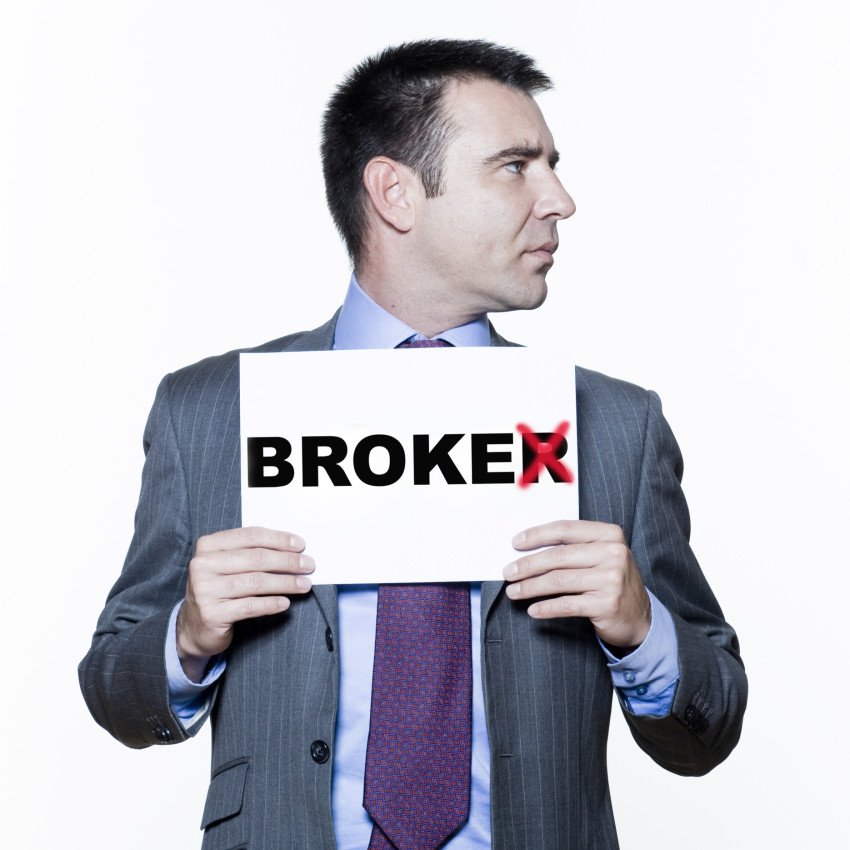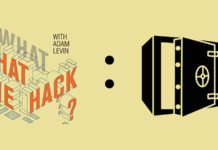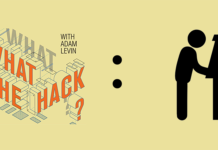

I understand that deregulators are committed to an ideology. We all need something to believe in, after all, and they believe in the power of markets to both create growth and self-regulate. That’s all very nice and looks good on paper, but given the past few years, that argument simply doesn’t pass the straight face test. I mean, let’s be real, deregulation nearly destroyed our economy as the past few years clearly demonstrate. But the deregulators aren’t giving up… and maybe they won’t until they’ve finished the job.
To quote Ronald Reagan, “There you go again.”
When the CARD Act was enacted, followed by the passage of the Dodd-Frank Act, I — along with almost every person who fogged a mirror in Washington — heard that the financial services industry was telling their constituent members, “Fear not, we have two more bites at the apple” – when the regulations are promulgated to flesh out the broad mandates of the laws and when budget time rolls around.
Well, they didn’t do so well at the first tranche of regulations, but I draw your attention to Section 1517 of the Continuing Resolution to fund government operations (also known as “Scream 5,” or the $60 billion budget slash fest).
The TGODs (the folks who wish to return to The Good Old Days) have slipped in a tiny provision that restricts the annual budget for the Consumer Financial Protection Bureau to $80 million in Fiscal 2011 (which ends in October). This is a reduction from $143 million and couldn’t come at a worse time for the regulator, or a better time for the regulated.
Reps. Barney Frank (D-MA), Rush Holt (D-NJ) and Brad Miller (D-NC) —(collectively “FHM”) — sent a letter to their colleagues saying that this “is a clear attempt to hamstring the new, independent agency as it hires staff and begins the critical work of providing clarity and security to the system of consumer finance.”
FHM went on to say, “This attempt is particularly concerning, because last year after an open process that included a rare, televised House-Senate conference, Congress agreed that in order for this new financial watchdog to be effective, it must be independent and adequately funded. By deriving its operating budget from the Federal Reserve, it would be insulated from the types of partisan fights on Capitol Hill in which we find ourselves today.”
Section 1517 seems to blatantly contradict both the letter and intent of the Financial Reform Act, which states that the CFPB’s funding be “derived from the Federal Reserve System pursuant to this subsection [and] shall NOT (emphasis added) be subject to review by the Committees on Appropriations of the House of Representatives and the Senate.”
Is it possible that the TGODs never got that memo? Is it more likely that the contributions from their friends in financial services have caused them to focus more on their bottom line than ours? Or, is it possible that they are in a frenzy to send the message that they are the Sweeny Todds of Constitution Avenue and that consumer protection is so … last year?
Rather than directly limiting the CFPB’s appropriation, Section 1517 merely seeks to prevent the Fed from disbursing the money to the CFPB. It’s an audacious maneuver, one that the big banks and their congressional compatriots are probably pretty proud of. But make no mistake: undermining the CFPB is bad for the nation and its citizens, most of whom are barely treading water in this lifeless economy. Banks are too focused on the immediate bottom line and still, inconceivably, fail to see the big picture.
Years of irresponsible borrowing, spending and lending brought us here. Gone are the days of genteel financial transactions like exchanging property by twigs and clods of earth or neighborhood bankers granting mortgages and loans to folks they knew for decades. We’re talking about yield hogs that were paid significantly more for luring consumers into mortgages they could neither understand nor ultimately afford. We’re talking about 400% payday loans, credit card rates and fees that spiraled out of control, ever changing due dates and times that triggered onerous late fees for payments received one hour past artificially set deadlines, interest charges on balances previously paid off, Cheshire cat phraseology snaking through rivers of small print in long documents specifically designed to obfuscate true consumer cost. We’re talking about a never ending economic tailspin where consumers literally watched their financial security disintegrate day-by-day, mortgages voraciously consuming the value of their homes, investment portfolios withering like roses in a hot desert sun and credit card minimum payments coming to resemble little more than blood money installments to the company store. Clearly, we are way beyond a couple of hours in the time-out chair.
“I’ve talked to a lot of people about whether they like the freedom to be cheated on credit cards, to be cheated on mortgages, to be cheated on overdraft fees, and I found that was not really a freedom they valued,” Rep. Brad Miller (D-N.C.) said on the House floor last week. “They don’t really value that any more than Americans 100 years ago valued the right to buy rancid beef.”
Elizabeth Warren warned against creating a paper tiger during congressional debate regarding the appropriate level of authority, independence and resources that should be granted to the agency. She made it clear that the importance of its mission required a strong regulator that had adequate resources to do its work. In an interview with the Huffington Post, she said, in her inimitable style, ”My first choice is a strong consumer agency. My second choice is no agency at all and plenty of blood and teeth left on the floor.”
The CFPB has three distinct missions:
- Financial education
- The supervision of banks, credit unions and financial companies to ensure their compliance with Federal consumer financial laws
- Research
Are we not better served by a financially literate consumer population? A better educated, more economically savvy borrower is stronger and less risky— and that should be in the best interest of the financial services community. They should want to have an open dialogue with consumers about rates, fees, terms and conditions so that they may earn a fair rate of return as well as better ensure their repayment. But, no. For the TGODs in the financial industry and Congress, the concept of comparison shopping through the use of short, clear and concise documentation is an anathema.
The TGODs’ mission is to undo all of the sensible reforms of the past two years. After all, we are where we are because they undid so many consumer protections in the name of deregulation and getting government out of our lives that business went wild, consumers got credit drunk and an emasculated government retreated into its turtle shell.
Just after passage of the CARD Act, Chase’s Jamie Dimon warned that, “If you run a restaurant and can’t charge for the soda, the burgers get more expensive.” It looks like the TGODs have made it their mission to ensure that the health inspector never even walks through the front door.
Originally posted at Credit.com.









